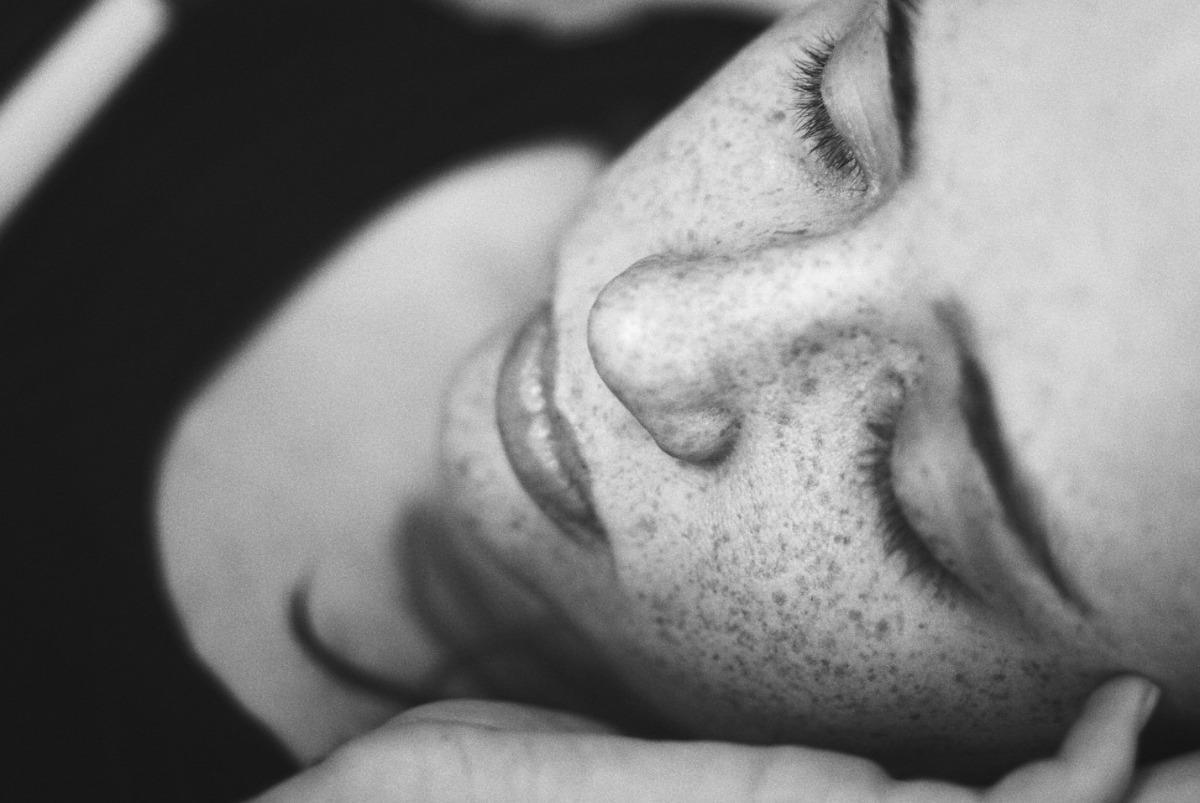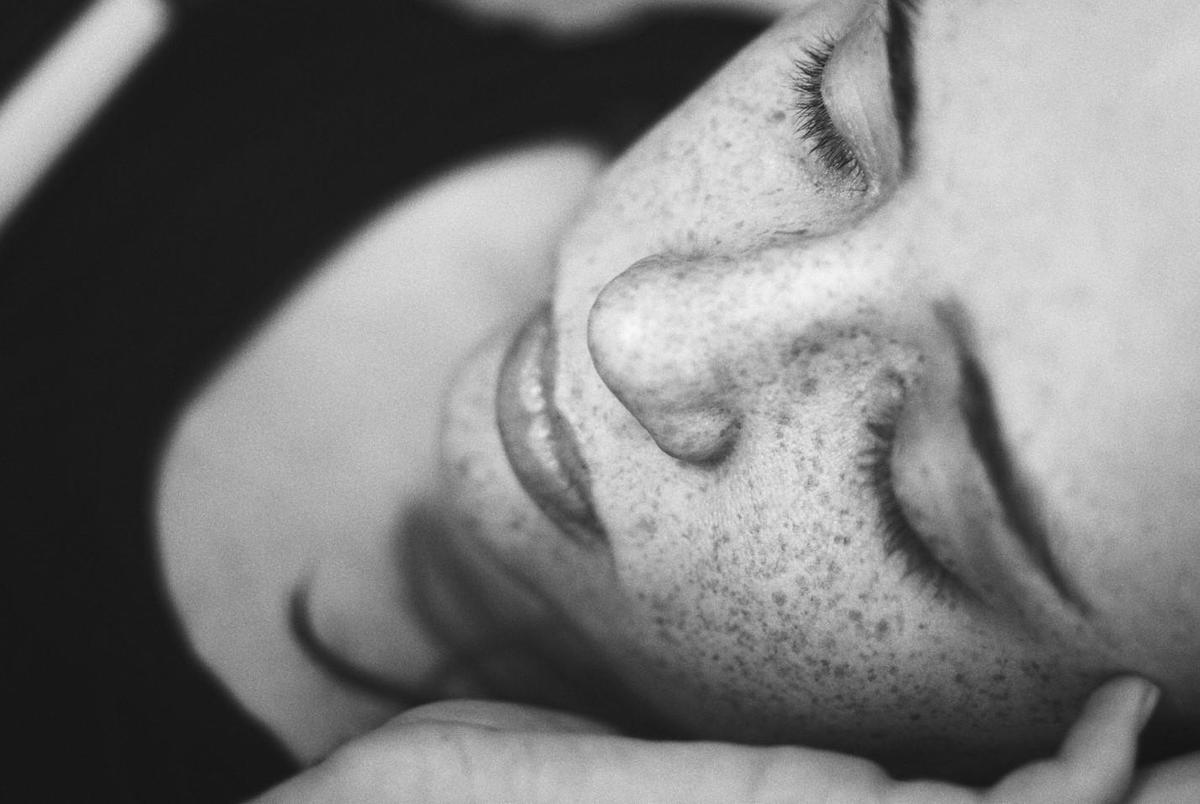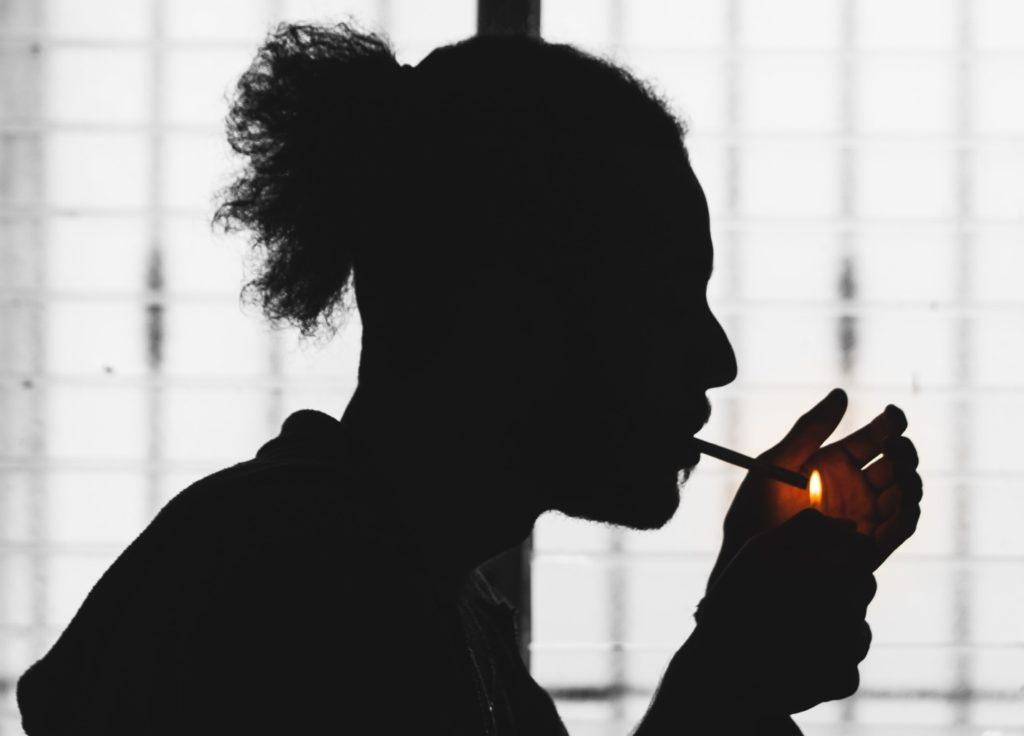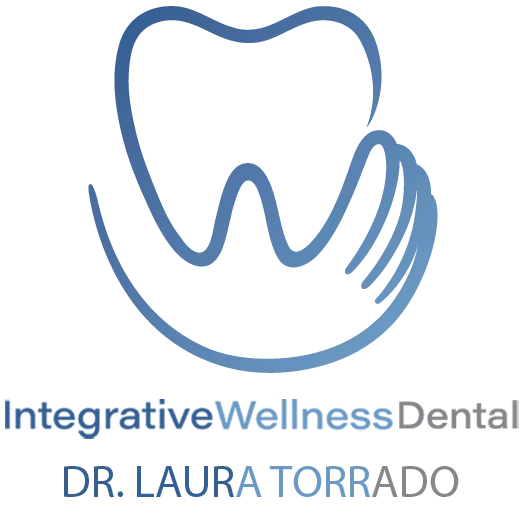

Sleep apnea is a serious medical condition, suffered by over 20 million Americans. Even mild forms inhibit restful sleep. Severe cases can cause long-term sleep deprivation and can be linked to a variety of medical conditions including high blood pressure, strokes, heart disease, and diabetes.
The most commonly suggested sleep apnea treatment is a Continuous Positive Airway Pressure or CPAP machine. However, many patients find this cure to be as bad as the disease – requiring noisy air compressors and an uncomfortable mask. Fortunately, there are alternatives to CPAP therapy.
Five Alternative Treatments for Sleep Apnea
- Dental appliances
One of the most effective alternatives is the use of an oral appliance, which can be custom-molded by your family dentist. This most common appliance resembles a mouth guard. Used at night, the device forces the tongue to move forward – preventing airway obstruction. This is an excellent alternative for people with mild-to-moderate sleep apnea. Mandibular advancement devices or splints sometimes include an output tube for more severe cases, obstructive sleep apnea OSA.
- Surgery
For more severe cases of sleep apnea, surgery could be an option. The specifics of the surgery will vary from case to case. Typical procedures involve minor alterations to the shape of the tongue, throat, or jaw so that it remains open and allows more airflow during the night.
Patients should be aware that no surgery is without risk. Consult carefully with your doctor to determine whether the anticipated benefits to treat sleep apnea surgically outweigh those potential side effects.
- Weight loss
In many cases, being overweight can contribute to sleep apnea. If fat is being stored in the patient’s neck or throat, it may be creating the nightly blockages. Accordingly, losing weight will also shrink the neck, and encourage airflow while asleep.
This, however, will only be effective in certain situations, when the doctor believes fat buildup is contributing to the overall condition. For example, it will do nothing for patients whose sleep apnea stems from a narrow nasal passage.
- Positional therapy
Sometimes, sleep apnea can be avoided or eliminated simply by changing one’s sleeping habits. In particular, many patients experience sleep apnea primarily, or solely, when sleeping on their backs. In these cases, the solution may be as easy as encouraging the patient to sleep on their side instead.
This treatment option deploys devices which wrap around the waist, making it impossible to roll onto one’s back during the night.
- Other lifestyle changes
Many day-to-day activities are believed to encourage sleep apnea in those who suffer from it. For example, both smoking and drinking alcohol are closely linked to sleep apnea. Or, in some cases, an over-the-counter decongestant may help keep their throats open during the night. A sleep study may need to be conducted to gather more information.

Your doctor or dentist will advise you if they believe your lifestyle is contributing to your sleep disorder.
Dental Wellness Airway
Dental Wellness Airway specializes in sleep apnea treatment and finding the treatment which will work best with your lifestyle. If you suffer from sleep apnea, don’t wait for it to get worse – contact us for an appointment.
